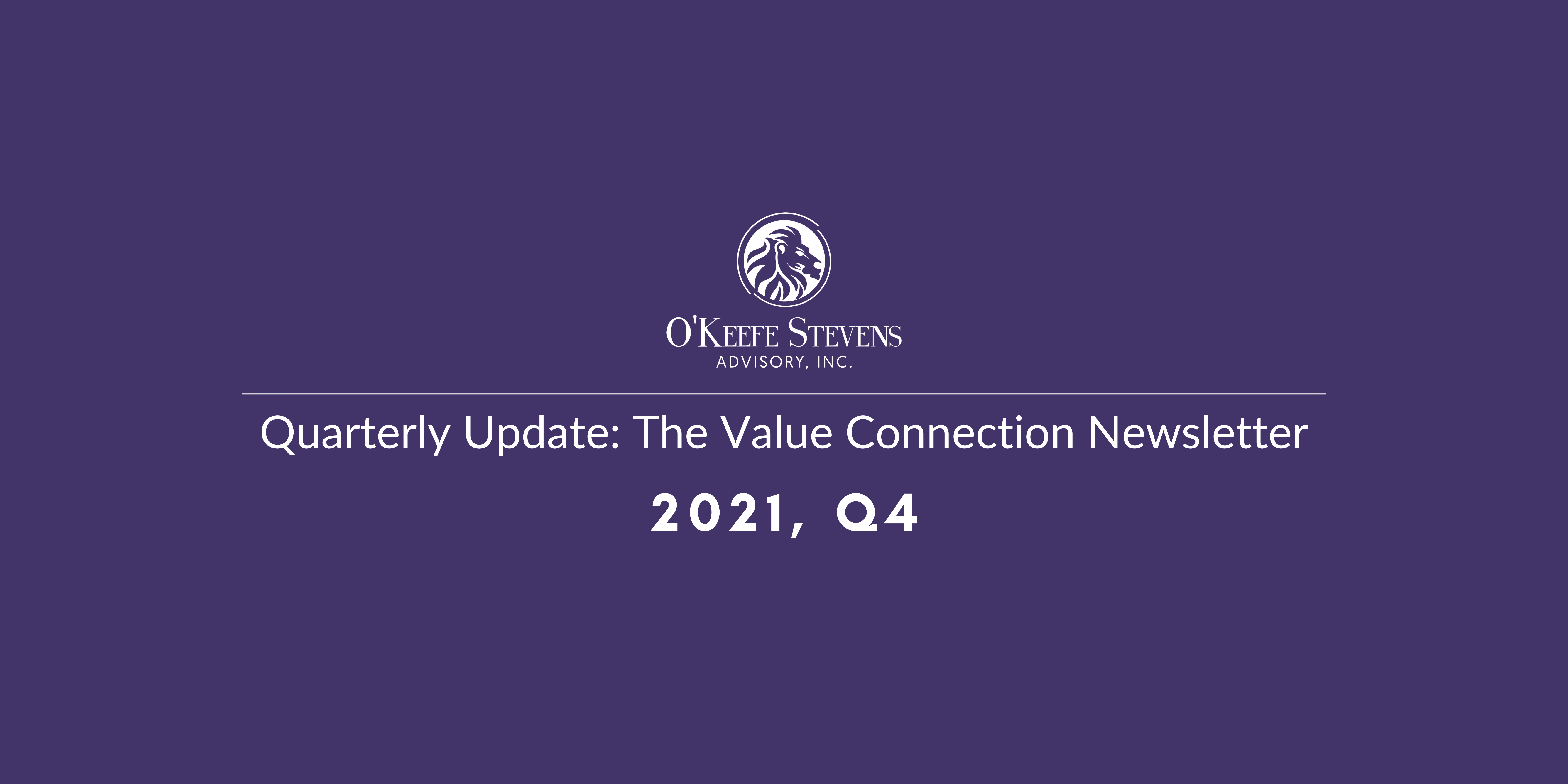The Value Connection – Q4 2021
Team Updates
Despite what you might see on TV or read in the paper, there’s a lot of good news to share with you this month. Our team continues to chip away at our goals for the year. We have some progress updates and timely reminders as we approach the end of the year.
Dominick D’Angelo completed the Chartered Financial Analyst (CFA®) Program. The CFA® is the highest distinction in the asset management field. The pass rate of the three exams ranges between 22-55% and takes at least three years. The curriculum includes Economics, Ethical & Professional Standards, Financial Reporting & Analysis, Equity Investments and Portfolio Management. Dominick’s dedication was evident. He persisted through several test cancellations due to COVID. Great work, Dom!
Marissa Bell also notched a milestone achievement in September. She completed the Human Capital Institute’s Strategic HR Leadership (SHRL) Certification Program. Marissa’s role as Chief Operating Officer will also expand as our team grows. This course focused on leadership skills and diversity, equity, and inclusion. Thanks for your continued efforts to improve our organization, Marissa!
In November we’re launching a new O’Keefe Stevens website. It was time for an improvement and we’re excited to show off our work. We’ll be sending invitations to check it out when we launch. The user experience won’t change when it comes to accessing your accounts. The new pages will do a better job at telling the story of what it means to be an O’Keefe Stevens Advisory client. We hope you like it so much you share it with your friends!
Finally, please remember to reach out to us if you’re doing yearend planning with your CPA. We’re available to answer questions, provide year-to-date reports, and share our ideas. Marissa created a year-end reminder schedule for retirement account holders. You can see it on the back page of this newsletter. Please let us know if you need our guidance or support to help you navigate year-end deadlines.
Market Perspective
Written by Justin Stevens
What a strange year. Businesses reopened their doors, bolstered with cash from record federal stimulus money. Then they faced labor shortages due to unemployment benefits. We now have an economy operating on a parttime basis in certain sectors. Consumers have extended wait times for goods and services. The vaccine excitement tapered off with the Delta variant. Possible capital gains rate tax increases are weighing on the minds of investors. And our country remains as divided as most of us can ever remember. Yet, the markets continue to advance. Stocks are notching new records, but many investors feel nervous and unsure of what to do.
When facing uncertainty, our practice is to always go back to our guiding principles. We look there to find answers to what we should be doing in these current circumstances. This consistent and reliable framework provides comfort and confidence in setting our course. We’ve outlined three of these guiding principles that apply well in today’s tumultuous times.
Investing vs. Speculating
Investing involves placing long-term capital into businesses that have a productive capacity. We analyze the value of these companies based on their economic output. We then compare the price of the security to the value of the business.
For instance, we look to the revenues, profits, cash flows and dividends produced by a business. If we assume the business will continue, we use these values to determine a reasonable price to pay. Real estate is another income producing asset that lends itself to analysis. Rents minus operating costs and mortgage obligations give us an understanding of what a property is worth. There are all sorts of ways to place a valuation on a business or asset. The essential trait of an investment is that we can analyze the price we pay versus the value of the holding.
Speculation involves betting on the direction or momentum of a price trend. The main difference being, there is no need for consideration of intrinsic value. Today the perfect example is cryptocurrency. While it might serve as a medium of exchange, it does not serve as a store of value, and it doesn’t produce anything. Considering the volatility of its pricing, it is impossible to analyze. The same charge exists for gold or even financial instruments like options. These securities carry no economic benefit other than price movement to the holders. The absence of productive capacity is the dividing line between investing and speculating. As advisors, it’s our fiduciary responsibility to own only that which we understand. Because we can’t analyze non-productive assets, we avoid them altogether. In today’s environment investors are speculating more because they see others’ success. Fear of Missing Out (FOMO) is not a good investment policy. The trend will not continue forever. To quote Warren Buffet: “You find out who’s swimming naked when the tide goes out.” We invest in assets we understand and analyze using rational assumptions. This discipline will prevail when the tide turns.
Stay Liquid
Maintaining an appropriate allocation to cash or non-fluctuating holdings is our preference. When uncertainty is high, having more cash reserves provides an important benefit. These dollars set aside will not be optimizing returns. Their purpose is to optimize level-headedness. Cash also provides downside security when market trends reverse.
The average intra-year decline in the market is -14.3% since 1980. But 31 of the last 41 years ended in positive territory. In 2021, we’ve seen nothing close to that decline, with only a -4% dip occurring during the calendar year. This fact isn’t meant to predict a pending decline. Instead, use it as context for where we are today and how unusual it is.
Keeping a 2 to 3-year cash reserve (for retirees) or a 6 month to 1 year emergency reserve (for accumulators) is appropriate. Today, we recommend the higher end of these ranges. This is because we have experienced such limited downside recently. The added benefit of having extra cash is the option it provides should markets reverse. Investors with large cash balances benefit by shopping for investments on sale. And they maintain levelheadedness when everyone else is fleeing for the exits.
Remain Patient
Patience is one of the cardinal tenets of successful long-term investing. This trait has nothing to do with analytical capacity or mathematical prowess. It’s all about your behavior. The best investors are those who keep faith in the future through the ups and downs of the market. They can step back and say, “this too shall pass.”
Strange things are afoot in the markets these days. Speculators are achieving successes in the most non-conventional of ways. These good fortunes are luring others to play the same games. It’s a recipe for disaster for those who choose to bet the farm instead of staying the course.
We encourage you to keep a mature and optimistic outlook on the future. Investing is all about the long-game and staying on the charted course to success. Most of you have a multi-decade horizon for investing. We have built your financial plans around that timeline. Stay focused on the long term and mind your daily actions. Act consistent with the longterm outcome you designed in your mind. Live within your means, save before you spend, and pay off your debts. These are the basic ingredients to achieve financial freedom. No matter who you are, you can do it. It will take effort and time. Because of that, it will be incredibly rewarding when you succeed.
2021 Year-End Reminders
Traditional & ROTH IRA Contributions
• The contribution limit for 2021 is $6,000 ($7,000 if you are 50 or older).
• These contributions may be tax-deductible. The deduction has limitations if you or your spouse is covered by a retirement plan through work, or your income exceeds certain levels. Consult with us or your accountant for details on your specific situation.
• Once you reach the age of 70 ½ you can no longer contribution to a Traditional IRA. You may still contribute to a ROTH IRA, provided you have earned income.
• 2021 contribution deadline: 04/15/2022.
SIMPLE IRA Contributions
$13,500 ($16,500 if you are 50 or older).
• Employer contributions must be made by your company’s tax filing deadline.
SEP IRA Contributions
• If your modified adjusted gross income is anticipated to be $140,000 (single filers) or $208,000 (married filing jointly) or above, you are not eligible to contribute to a ROTH IRA. However, you may convert funds in your Traditional IRA to a ROTH IRA. This transaction is not advantageous to everyone, as personal tax situations influence its suitability.
• The deadline for the 2021 tax year is December 31st. Applicable paperwork should be received several weeks prior to allow for processing.
Required Minimum Distributions (RMDs) for IRAs
Beginning in the year you turn 72, you are required to take a Required Minimum Distribution from your IRA. If your IRA account resides with us, we have calculated your RMD for 2021. Let us know if you have retirement accounts held outside of OSA management. We will help determine if you satisfied your requirement for 2021. Please contact us to coordinate your distribution if you have not already done so. If we have not heard from you by December 10th, we will process your RMD via check to your address on record, or directly to your bank account if we have it on file.
Disclaimer: Although we obtain information contained in our newsletter from sources we believe to be reliable, we cannot guarantee its accuracy. The opinions expressed in the newsletter are those of O’Keefe Stevens Advisory and its contributors and may change without notice. The information in our newsletter may become outdated and we have no obligation to update it. The information in our newsletter is not intended to constitute individual investment advice and is not designed to meet your personal financial situation. It is provided for information purposes only and nothing herein constitutes investment, legal, accounting or tax advice, or a recommendation to buy, sell or hold a security. No recommendation or advice is being given as to whether any investment is suitable for a particular investor or a group of investors.



No responses yet